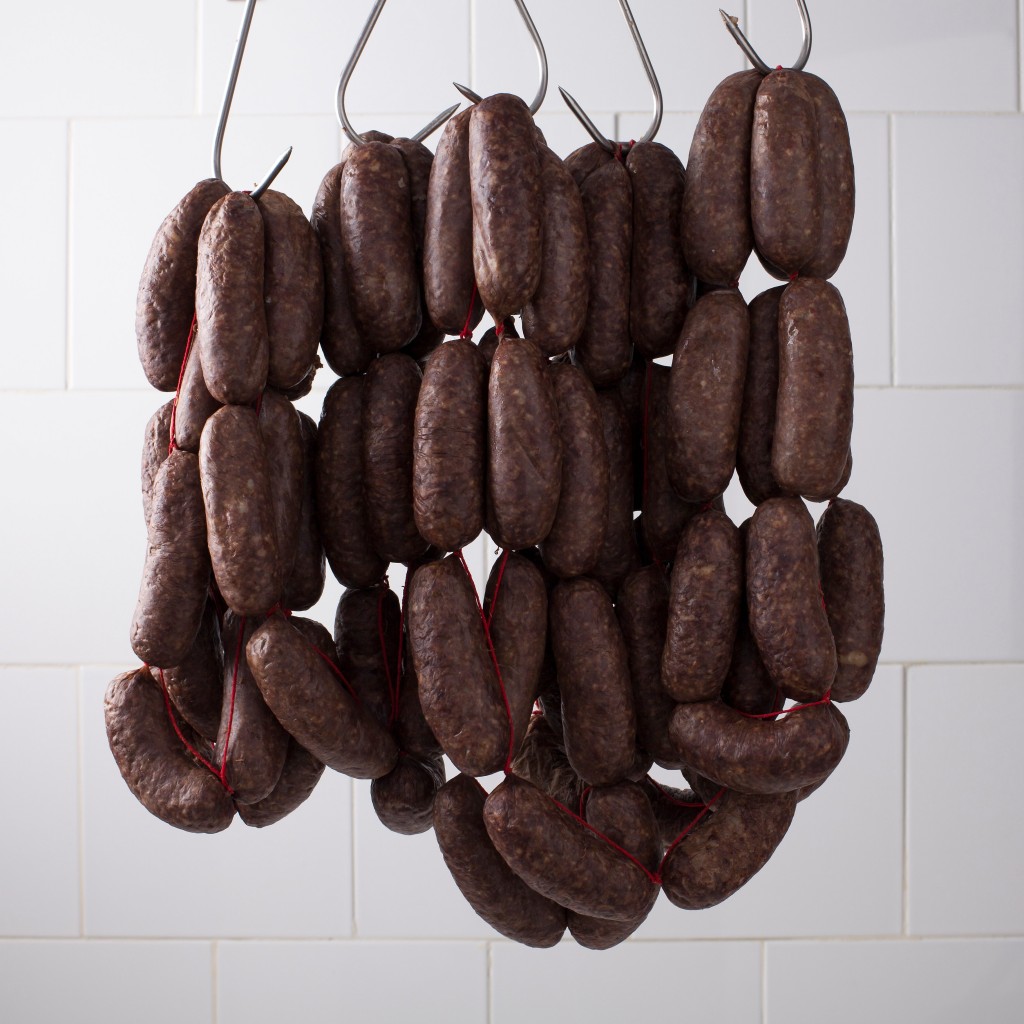 Morcilla - Spanish black pudding (blood sausage for the non-Brits) - is one of the many types of sausages that exists, it is most commonly prepared with cow's blood but in some cases, it can be made with pig's blood. It is a food that I absolutely love and always considered it to be really unhealthy but to my surprise, it actually turns out it is quite healthy. What great news!
Morcilla - Spanish black pudding (blood sausage for the non-Brits) - is one of the many types of sausages that exists, it is most commonly prepared with cow's blood but in some cases, it can be made with pig's blood. It is a food that I absolutely love and always considered it to be really unhealthy but to my surprise, it actually turns out it is quite healthy. What great news!
Nutrition experts created a food classification a while ago in order to be able to group all foods which had an above-average nutritional value, these types of food are now known as "superfoods".
As science has advanced and the properties and benefits of each food have been demonstrated through studies, more foods have been included in this classification, and one of the last to be integrated is the famous and delicious 'morcilla'.
Morcilla is one of the many sausages available in Spain and widely used in regional recipes. It is prepared with cow's blood or pig's blood, which is seasoned with various spices and combined with ingredients such as rice, onion or bread crumbs, depending on the region mainly.
The health properties of morcilla may vary a bit depending on the type of ingredients used to prepare it, however, in average terms, it maintains the following nutritional composition:
In 100gr of 'morcilla', there are 3.2gr of carbohydrates, 13.50gr of monounsaturated fats, 2.5gr of polyunsaturated fats, 11gr of proteins and 55gr of water.
Additionally, its high vitamin content stands out, providing vitamin A, B1, B2, B3, B6, B12, E and folic acid. While if we look at the mineral contributions, we can also benefit from its calcium, zinc, potassium, phosphorus, iron and magnesium contents.
As a result of these properties the consumption of morcilla can have positive effects on your health, among which the following can be highlighted:
Lower risk of anaemia
This is one of the best-known benefits, as its high iron content helps to produce more red blood cells and provide energy to the body, which makes it an essential food to combat or prevent anaemic symptoms.
Helps build muscles
Morcilla is rich in protein, which is essential when it comes to building muscle tissue, making muscles grow and strengthen.
Less chance of cardiovascular disease
Although many people believe that it is the opposite, morcilla only contains 18mg of cholesterol for each serving of 100gr and 6gr of saturated fatty acids, which means that they are within the range recommended by the World Health Organization.
It is suitable for diabetics
With 100gr of morcilla, only 3% of the daily carbohydrate requirements are covered, this means that it is a food that can be adapted to the low-carbohydrate diets that people with diabetes must follow. But only when we don't consume the variety with rice - the Burgos variety.
There are many ways to prepare morcilla, depending on your tastes, but one of the most common ways is to grill it or barbecue it. There are also those who prefer to eat it fried or baked, or even use it as another ingredient in other recipes such as soups, stews or rice dishes. Whichever way you decide, you can enjoy it more now that you know you are actually doing yourself some good, but like everything in life, moderation is key.